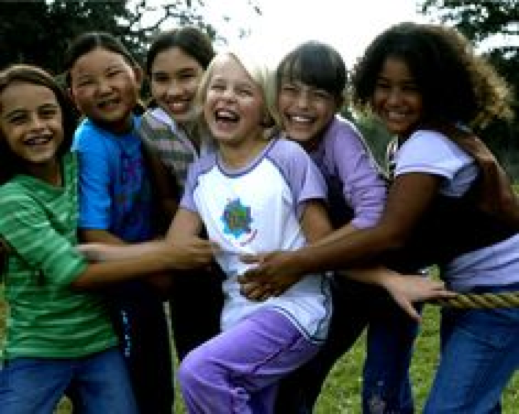November was designated as National Gratitude Month in 2015 by National Day Calendar through the driving force of author Stacey Grewal. Grewal has written a lot about the importance of gratitude in our lives.
Why should parents teach their children about gratitude from a young age? There are at least two studies that confirm the connection between happy children and thankful children. A 2008 study in the Journal of School Psychology found that grateful children ages 11 to 13 were happier, more optimistic, and had better social support. The Journal of Happiness Studies published a study in 2019 titled The Relationship Between Gratitude and Happiness in Young Children that found that children link happiness to gratitude by the age of 5. By instilling gratitude in them from a young age, children will grow to be happier.
How can parents teach their children about gratitude so that it becomes a life-long habit? Here are some ways:
• Teach them to say “thank you”. It doesn’t matter what is given to them or done for them, or who does it – whether a family member or stranger, your children’s response should be a heartfelt “thank you”. Explain to them why saying those two words is so important.
•Talk with them about the feelings of others. What happens to the recipient of “thank you”? That person feels appreciated and acknowledged, which are important feelings to convey to others.
•As a bedtime routine, go over a list of gratitude’s for the day. Your children will soon be thinking about happy thoughts that lead to a good night’s sleep.
•Tell your children how much you are grateful for them and why. Include hugs as you do!
•Have them start a journal and write down at least one gratitude each day. When the week has ended, go over the journal entries for each day of the week. Before long, each child will have a journal filled with powerful gratitude to consider and reflect on.
•Help them to memorize Bible verses that are about thankfulness and happiness. Here are a few to start with: Proverbs 17:22 (a merry heart); 1 Chronicles 16:34 and Psalm 107:1-3 (give thanks to the Lord); Philippians 4:4-7 (rejoice in the Lord); and Psalm 118:24 (this is the day that the Lord has made).
• Model gratitude for them. Children learn best from what they observe their parents do.


